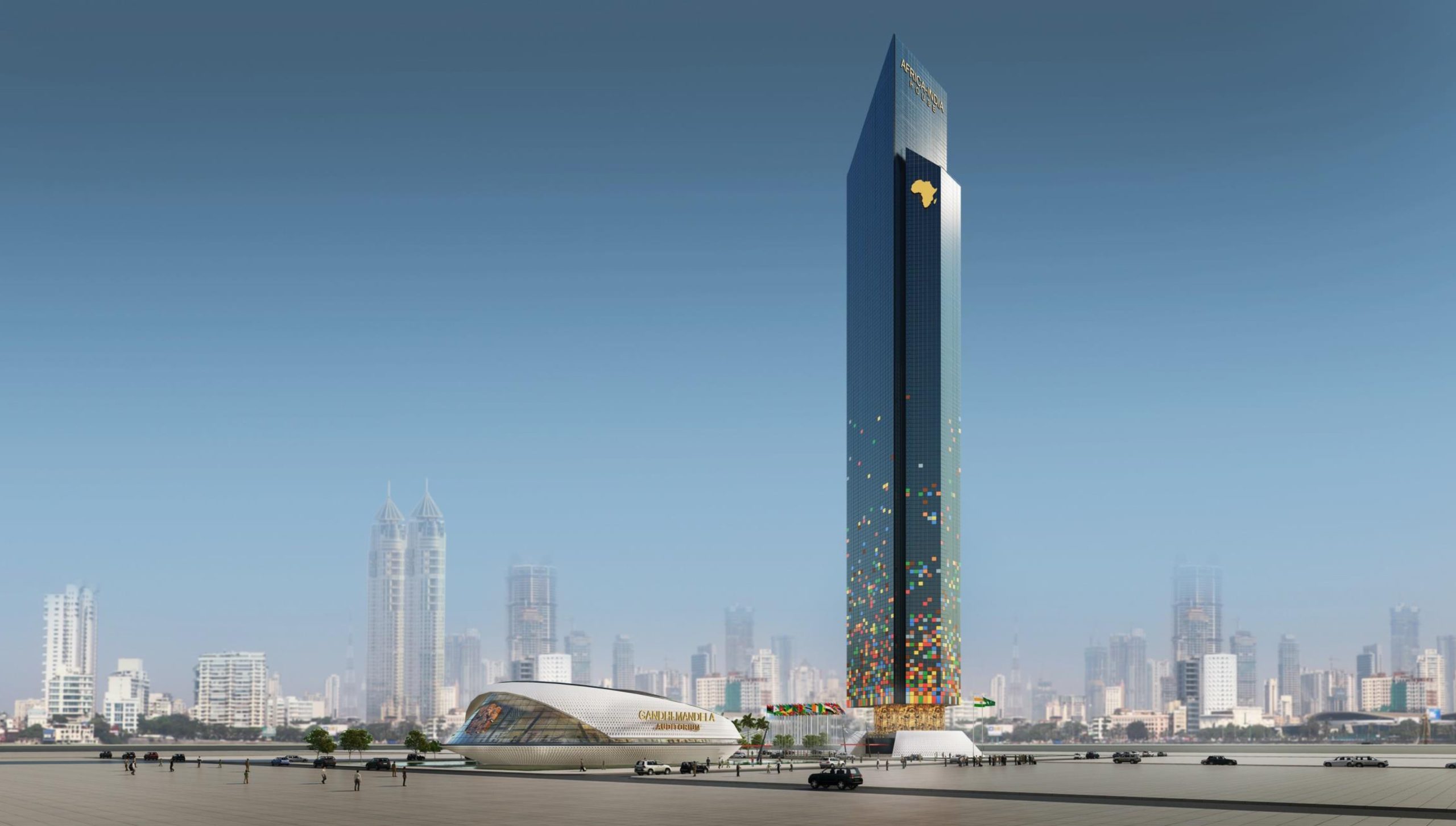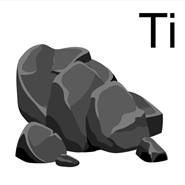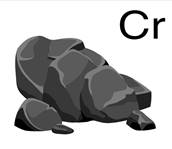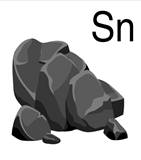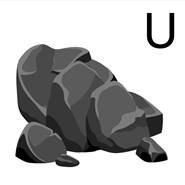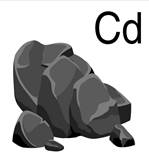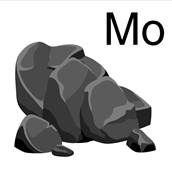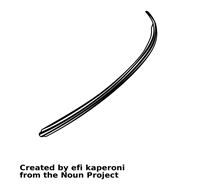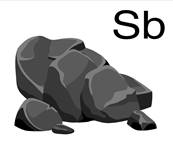The Republic of Benin is a country in West Africa. The majority of its population lives on the small southern coastline of the Bight of Benin, part of the Gulf of Guinea. Though the capital of Benin is Porto-Novo, the seat of government is in Cotonou, the country’s largest city and economic capital.
The main driver of growth is the agricultural sector, with cotton being the country’s main export, while services continue to contribute the largest part of GDP Cotton accounts for 40% of the GDP and roughly 80% of official export receipts. Livestock include cattle, sheep and goats, pigs, horses, and poultry.
Benin’s priority areas for scientific research are health, education, construction, transportation, trade, culture, handicrafts, cotton/textiles, food, energy and climate change. Mineral deposits include iron ore, limestone, chromium ore, gold in the northwest, and marble. Offshore oil was discovered in 1968 in the Sémé field near Cotonou and has been exploited since 1982.
The rivers and lagoons are rich in fish. Substantial quantities of fish are caught annually in the lagoons and rivers, while coastal fishing produces a smaller, but growing amount. Most of the fish is exported to Nigeria or Togo. Shrimp and deep sea fishing are developing, using modern vessels. Manufacturing plants and secondary industries include several palm-oil-processing plants, cement plants, several cotton-ginning facilities, a textile mill, a sugar refining complex, a soft-drink plant, a brewery, and two shrimp-processing plants. Benin’s export earnings rely on cotton, palm oil, cocoa, and coffee, exported to such countries as China, India, and Nigeria. Benin has traditionally imported various manufactured products, machinery, chemicals, beverages, and tobacco, as well as cereals.

